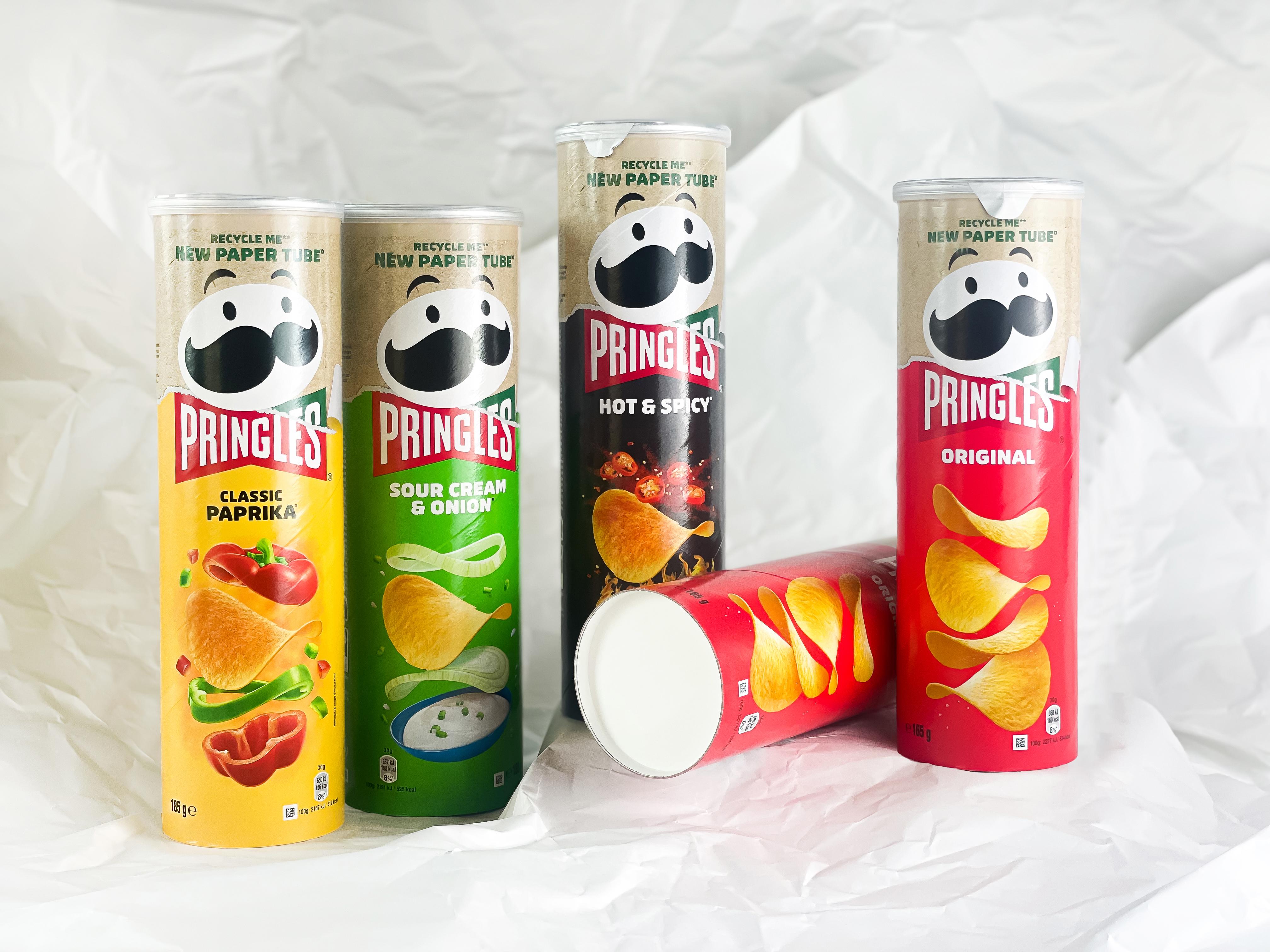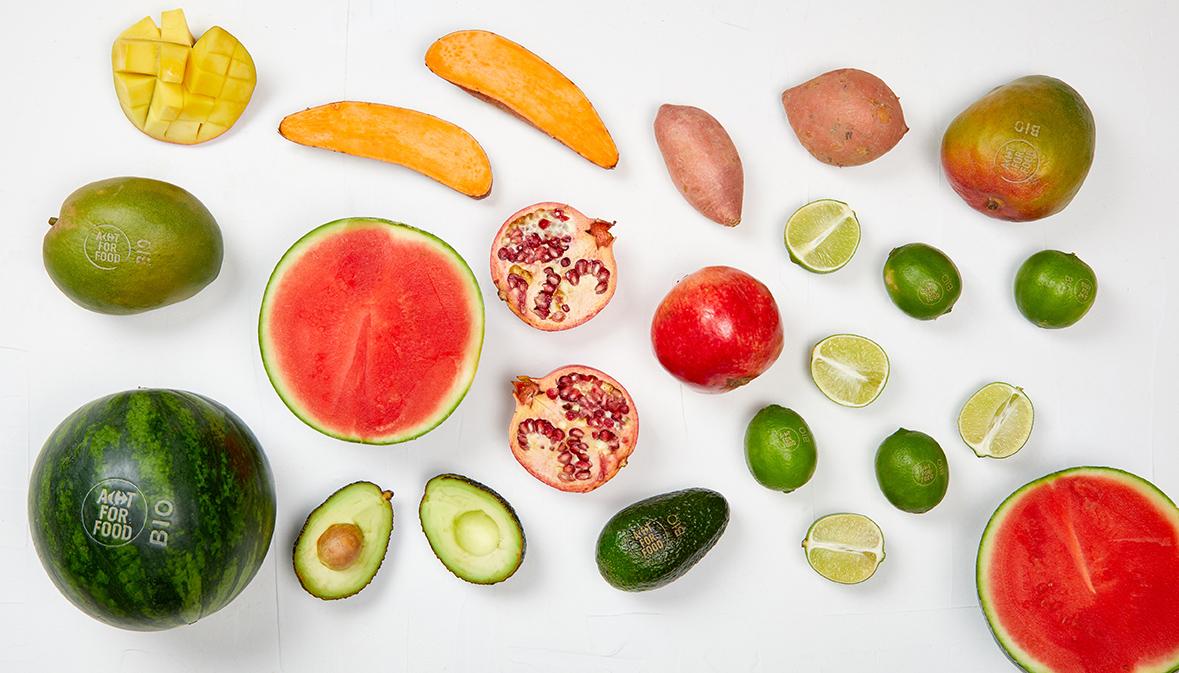
Design For Recycling
Heading for 100% recyclable packaging together with our members
Sustainable packaging stands high on our members’ agenda. Together with the sector federations, they have proposed ambitious goals: by the end of 2025, all non-recyclable packaging must be removed from the assortment. Fost Plus is helping its members to achieve these ambitions.
By 2025, only recyclable packaging will be allowed on the Belgian market
Belgian companies are firmly committed to making their packaging more sustainable. They aim to put only recyclable, reusable, compostable or biodegradable packaging on the Belgian market by 2025. The share of non-recyclable packaging was estimated at around 2% of the total volume in 2019. The three sector federations – Comeos, Detic and Fevia – are well ahead of the European legislation, which does not require 100% recyclability until 2030.
Meanwhile, our members are working hard to screen their assortment and systematically replace non-recyclable packaging. Introducing new packaging often takes a lot of effort. In many cases, far-reaching changes are needed in the production and logistics processes. In addition, the alternative packaging has to meet all the technical requirements, including as regards food safety and quality.
Fost Plus is helping its members to achieve these ambitions. For example, we share the available knowledge and expertise via seminars, webinars and platforms such as Pack-It-Better, an initiative that we have set up with Valipac. We also offer them advice and practical support, among other things by testing new packaging in the sorting centres.
No more obstructive packaging!
In 2022, the Obstructive Packaging category was introduced in the Fost Plus declaration. This category was added at the request of the Interregional Packaging Commission. As the name indicates, it involves packaging that not only cannot be recycled, but that even hampers the collection, sorting and recycling processes. The packaging was given a dissuasive Green Dot rate, which is double the highest rate for recyclable fractions. This financial incentive is intended to encourage companies to avoid such packaging and remove it from their assortment.
Many members decided to phase out obstructive packaging as quickly as possible and replace it by recyclable alternatives. For some members, this involves a relatively small proportion of the assortment, but for others, it concerns very well-known packaging used for popular products. In many cases, this is multilayer packaging composed of a combination of paper, aluminium and plastic, where the different materials cannot be separated from one another. We expect a considerable proportion of obstructive packaging to disappear from store shelves during the course of 2023.
Reliable data for a sustainable packaging policy
The data from the members’ declarations provide us with an insight into the main trends and developments, enabling us to adapt our future policy accordingly. But our members can also use this valuable data to make their packaging more sustainable.
At the start of 2022, we launched a totally revamped declaration system for our members, called MyFost. Our members use this system for their mandatory annual packaging declaration. For each type of packaging, they indicate what material it consists of, how much material is used and how many items they put on the market. The declaration involves a great deal of administration, but at the same time it yields particularly valuable information that is necessary to be able to fulfil all the take-back and reporting obligations.
Future scenarios
The declaration gives us a good idea of the packaging put on the market. This means we are better able to respond to trends and developments and to adjust our collection scenarios and sorting processes where necessary. Coffee capsules are a good example of this. Their increasing popularity among consumers prompted us to look for a good recycling solution and make the necessary modifications in our sorting centres.
At a glance
The new MyFost declaration system contains many features that help members with the management of their packaging. The so-called sanity checks allow members to verify the data in their declaration and detect any errors more easily. The system notices unusual combinations, glaring rises or falls and other discrepancies immediately. They all appear in a handy overview, enabling users to get down to work straight away. In addition, the dashboard gives members an insight into the development of the recyclability of and the proportion of recycled material in their packaging. So they can see at a glance where they can do better in the future.




